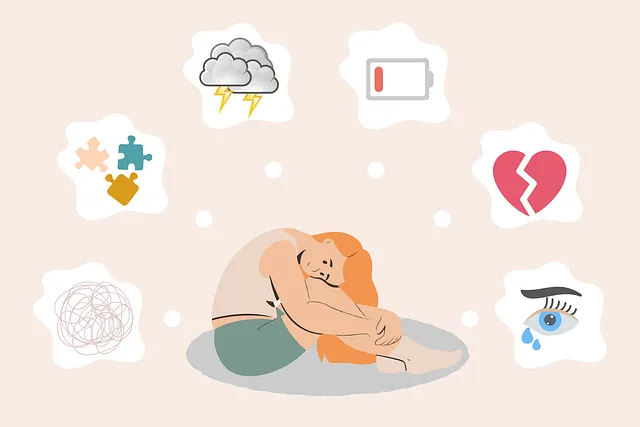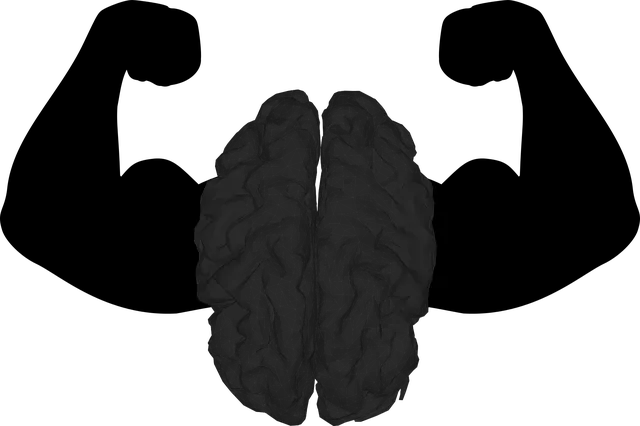Kaiser Permanente behavioral health services in Lone Tree prioritize inclusive mental healthcare through cultural sensitivity training for staff, addressing communication barriers, and integrating diverse beliefs into practice. They focus on understanding community needs, offering tailored support with evidence-based therapies like journaling, and fostering open dialogue to enhance emotional wellness among residents.
Cultural sensitivity is paramount in modern mental healthcare, ensuring equitable access and effective treatment for diverse communities. This article explores strategies to bridge cultural gaps within the industry, focusing on Kaiser Permanente’s inclusive care model as a game-changer. We delve into how their behavioral health services in Lone Tree have adapted to serve unique populations, overcoming barriers through communication techniques that foster trust and understanding. By examining these approaches, we aim to enhance mental healthcare accessibility for all.
- Understanding Cultural Diversity in Mental Healthcare
- Kaiser Permanente's Approach to Inclusive Care
- Overcoming Barriers: Communication Strategies
- Enhancing Services for Lone Tree Communities
Understanding Cultural Diversity in Mental Healthcare

In the diverse landscape of mental healthcare, recognizing and respecting cultural differences is paramount. The Kaiser Permanente behavioral health services in Lone Tree, CO, serve a community that encompasses various ethnic, religious, and socio-cultural backgrounds. Understanding these nuances is essential to providing effective treatment, as cultural context significantly influences an individual’s experience of mental illness and their response to therapy. For example, what may be considered a coping mechanism in one culture could be viewed as disruptive or even taboo in another.
Cultural sensitivity involves not only recognizing these differences but also actively incorporating them into treatment plans. This includes educating healthcare providers on the specific mental health beliefs and practices within different communities, encouraging open dialogue about cultural identities, and fostering an environment where individuals feel safe to express their unique perspectives. Additionally, initiatives like Mental Illness Stigma Reduction Efforts, Mindfulness Meditation programs, and advocacy for Mental Health Policy Analysis can contribute to creating a more inclusive and supportive system, ultimately enhancing the quality of care provided by Kaiser Permanente behavioral health services in Lone Tree.
Kaiser Permanente's Approach to Inclusive Care

Kaiser Permanente, a renowned healthcare organization, prioritizes inclusive care within its behavioral health services in Lone Tree and beyond. They recognize that cultural sensitivity is paramount to delivering effective mental healthcare, ensuring every individual feels valued and understood. Their approach involves extensive training for staff on diverse cultural backgrounds, fostering an environment of empathy and respect. By integrating this knowledge into practice, Kaiser Permanente’s professionals can adapt their services to meet the unique needs of various communities.
This commitment extends to developing self-care routines for better mental health, where cultural context plays a significant role. They encourage patients to share their practices and beliefs, allowing for personalized support. Moreover, empathy building strategies are at the core of their treatment plans, aiming to bridge cultural gaps and create safe spaces for open communication. Additionally, risk management planning is tailored to consider cultural factors, ensuring comprehensive care while mitigating potential risks in mental health professional practice.
Overcoming Barriers: Communication Strategies

Overcoming barriers to effective communication is a pivotal aspect of cultural sensitivity in mental healthcare. In communities like the ones served by Kaiser Permanente behavioral health services Lone Tree, where diverse populations seek support, professionals must adapt their approach. For instance, language differences require the use of interpreters or multilingual resources to ensure clear understanding. Additionally, recognizing and respecting non-verbal cues from individuals from different cultural backgrounds fosters a sense of safety and trust.
Effective communication strategies also involve actively listening and validating experiences without judgment. Mental Health Education Programs designed with a focus on cultural sensitivity can equip both patients and healthcare providers with Stress Reduction Methods tailored to specific cultural needs. Promoting mental wellness through these inclusive practices not only enhances the quality of care but also strengthens the therapeutic alliance, leading to more positive outcomes for all.
Enhancing Services for Lone Tree Communities

In addressing cultural sensitivity in mental healthcare, special attention must be given to enhancing services for Lone Tree communities. Kaiser Permanente behavioral health services in Lone Tree strive to provide culturally competent care that respects and incorporates diverse beliefs and practices. By integrating knowledge about the unique cultural context of these communities, therapists and counselors can offer tailored support that promotes emotional well-being. This involves learning about the specific challenges and strengths within Lone Tree populations, such as addressing barriers to care and leveraging community resources effectively.
One effective technique is the promotion of emotional regulation skills through mental wellness journaling exercises. Encouraging patients to document their thoughts and emotions can help them develop a deeper understanding of themselves and their experiences. This guidance fosters self-awareness and resilience, enabling individuals to navigate life’s challenges with greater ease. By combining these practices with evidence-based therapies, Kaiser Permanente behavioral health services in Lone Tree aim to enhance the overall emotional regulation and overall mental wellness of their clients within this community.
Cultural sensitivity is paramount in modern mental healthcare, ensuring that services are accessible and effective for all. As highlighted by Kaiser Permanente’s inclusive care approach, understanding cultural diversity is the first step towards meaningful change. By implementing communication strategies that bridge gaps and enhancing services tailored to specific communities, such as those in Lone Tree, mental health practitioners can create a more inclusive environment. This not only improves patient outcomes but also fosters a society where everyone has access to quality behavioral health support.






